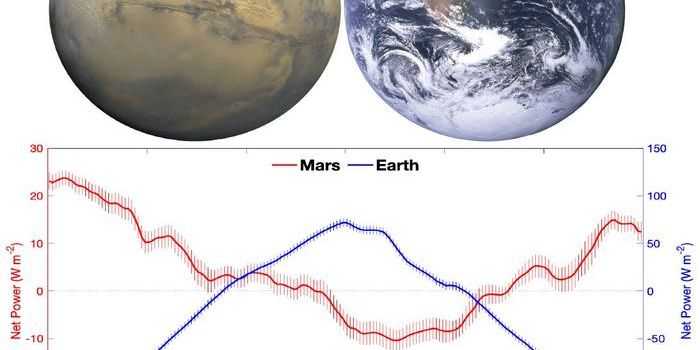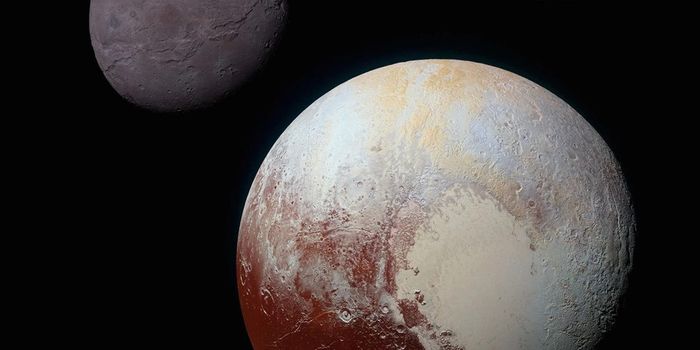Celebrate Humanity on the International Day of Human Space Flight
April 12th marks the annual celebration of the International Day of Space Flight. In 2011, the General Assembly (GA) of the United Nations (UN) declared this national day in honor of the 50th anniversary of the first human space flight – April 12, 1961, when Cosmonaut Yuri Gagarin completed one orbit around Earth, making him the first human to leave our planet, a historic event which paved the wave for future space exploration for the benefit of all humanity. The UN marked this day “to celebrate each year at the international level the beginning of the space era for mankind, reaffirming the important contribution of space science and technology in achieving sustainable development goals and increasing the well-being of States and peoples, as well as ensuring the realization of their aspiration to maintain outer space for peaceful purposes.”
On this day we remember the heroic achievements of all people involved in realizing remarkable feats in space exploration. On this day in 1961, Gagarin crewed the Vostok 1 mission and completed one full orbit around Earth in 108 minutes. In 1981 – 20 years after the first human spaceflight – NASA commemorated this date with the first Space Shuttle launch, STS-1 of Columbia. Most recently, we can celebrate the beginning of a new era of space tourism with all the achievements of private spaceflight companies such as Blue Origin, Virgin Galactic, and SpaceX, among others.
The front page of The Huntsville Times after Cosmonaut Yuri Gagarin became the first human to orbit the Earth. Credit: NASA
The date is also celebrated with hundreds space-themed parties across the globe. Yuri’s Night – named after the famous Cosmonaut – is a “World Space Party” celebrating Gagarin’s flight as a global, human achievement, rather than just a Soviet achievement. These parties celebrate all that humanity brings with us as we explore the cosmos (e.g., music, art, science, culture, etc.). The parties recognize that space exploration has helped create a better world: space and space exploration brings the world together and can empower the greatest parts of who we are as a species and where we are going in the future.
Space exploration benefits society as a whole in so many ways, paving the way for important scientific and technological breakthroughs that continuously improve humanity’s life on Earth. For example, it has led to the development of satellites to track deforestation, map the world’s coral reefs, monitor human rights crises as they evolve, track forest fires, and so much more! Thus, the benefits of space exploration come right back down to Earth and shows that reverence for the cosmos can inspire action for Planet Earth.
International collaboration is essential for space initiatives and scientific breakthrough. In commemorating this day in history, the GA of the UN recognized “the common interest of mankind in promoting and expanding the exploration and use in outer space, as the province of all mankind, for peaceful purposes and in continuing efforts to extend to all States the benefits derived from there.” In 1977, the Voyager Golden Record – a message from humanity to the cosmos – was launched into space. Upon reflection on the Voyager mission, Samantha Di Pippo, director of the UN Office for Outer Space Affairs, stated that “the undertaking of the Voyager project reminds us of who we are, where we came from, and that we should treat each other with care.” Today we should focus on this message in the midst of the ongoing humanitarian crisis, remembering that we are all connected, and take the time to celebrate the achievements of humanity for the benefit of all humankind.
Sources: United Nations Office for Outer Space Affairs, planet.com, un.org, Yuri’s Night









